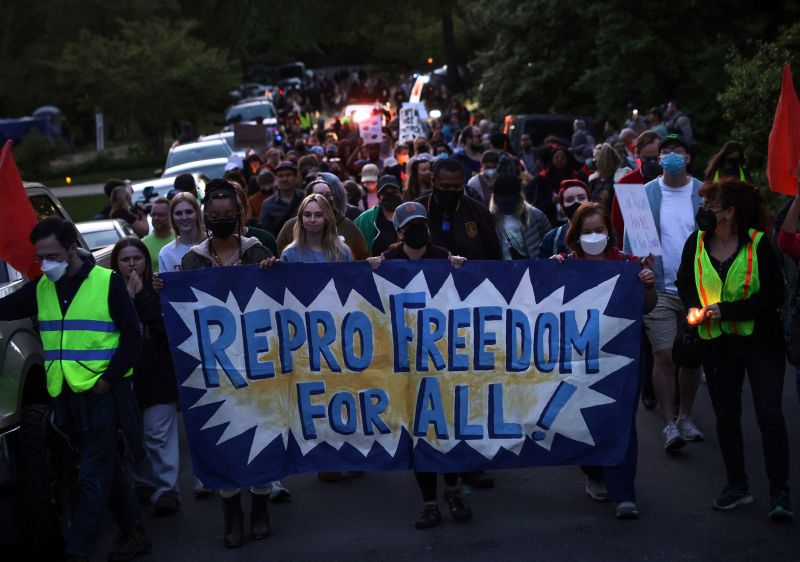As late as the beginning of this century, Texas still had a pro-abortion-rights (Protestant) Republican senator, while Pennsylvania, Michigan, and Minnesota were still represented in Congress by anti-abortion Democrats who were Catholic. But as the historically Catholic population of the North became less devout and therefore less inclined to follow the Church’s teaching on abortion—and as a younger generation of progressive Democrats began to view reproductive rights as a nonnegotiable part of the Democratic Party platform—anti-abortion influence in the politically liberal states of the Northeast diminished, while it expanded in the South.
The anti-abortion movement’s political priorities changed as a result. A movement that in the early ’70s had attracted some political progressives who opposed the Vietnam War and capital punishment became associated in the ’80s and ’90s with evangelical-inspired conservative-Christian nationalism. Early activists wanted to create a comprehensive “culture of life,” but many of the evangelicals who joined the movement in the late 20th century wanted to save America from secularism and take back the nation for God.
Only a minority of white evangelical Protestants were politically progressive; the majority (especially in the South) were conservative, and they combined their commitment to moral regulation with a faith in free-market economics and opposition to social-welfare spending. American evangelicalism had long been the most individualistic of the nation’s Christian traditions, and in keeping with that individualistic theology of sin and salvation, most white evangelicals thought that the government’s interest in morality extended only to the punishment of individual vice, not the reduction of poverty. Thus, as the anti-abortion movement’s political influence shifted away from Catholic states toward evangelical-Protestant regions, it abandoned its earlier calls for federal antipoverty programs, expanded maternal-health insurance, and federally funded day care, and instead focused exclusively on the narrower issue of overturning Roe v. Wade and making abortion illegal.

